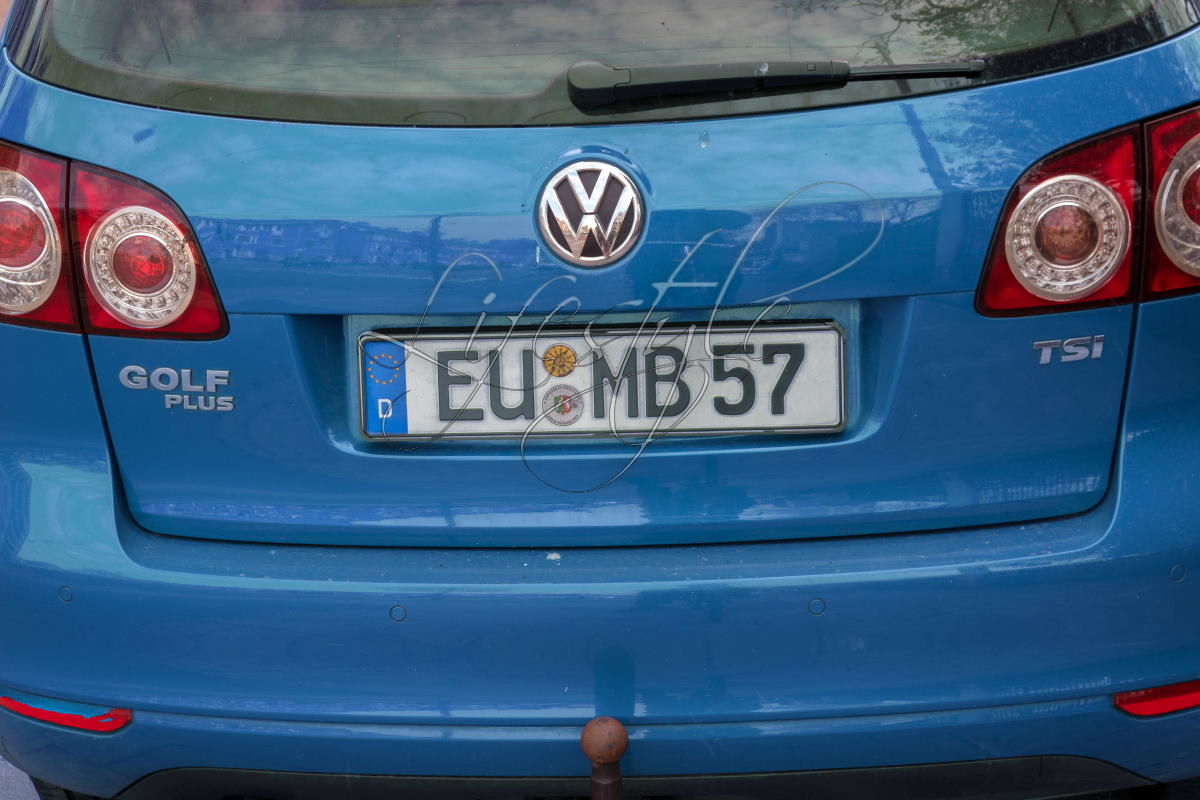Usual Difficulties Faced Throughout Foreign Vehicle Registrations and Exactly How to Conquer Them
Browsing the complexities of foreign vehicle enrollments can be a daunting task, fraught with obstacles that vary significantly across territories. Issues such as decoding local laws, getting over language obstacles in essential documents, and fixing up disparities in automobile specifications commonly arise.

Understanding Regional Rules
Navigating the complexities of international vehicle enrollment begins with an extensive understanding of local policies. Each country has its specific laws and requirements governing the enrollment of automobiles, which can vary significantly from one jurisdiction to another (Register a foreign Vehicle in Spain). It is critical for foreign car proprietors to acquaint themselves with these guidelines to guarantee conformity and avoid potential fines or lawful issues

Moreover, some territories mandate automobile evaluations to establish conformity with local safety and security and discharges requirements. This might necessitate alterations to the automobile before it can be legally registered. Involving with local authorities or consulting with lawful experts can supply clearness on these laws.
Language Obstacles in Documents
Language barriers posture significant challenges when it concerns the documents required for international vehicle registration. Numerous people encounter problems in comprehending the specific requirements described in neighborhood laws, as these papers are often published in the official language of the host nation. Misinterpretations can lead to the submission of inaccurate or incomplete documentation, resulting in delays or rejection of enrollment.
In addition, necessary papers, such as title deeds, proof of ownership, and insurance coverage, may not have easily available translations - Register a foreign Vehicle in Spain. This can produce complication for foreign automobile owners that are not familiar with the local terms and legal lingo. Because of this, browsing the enrollment process ends up being troublesome, usually calling for extra effort and time to guarantee compliance
To alleviate these concerns, it is suggested for foreign automobile owners to seek expert translation solutions or get in touch with local professionals who can aid in comprehending the requisite documents. Furthermore, federal government firms might supply multilingual resources or standards to promote the enrollment process. Proactively resolving language barriers can improve the registration experience, ensuring that all required documents are properly prepared and sent according to regional guidelines.
Automobile Spec Inconsistencies

Experiencing automobile requirements discrepancies can produce significant obstacles for foreign car owners throughout the enrollment process. These inconsistencies frequently emerge from distinctions in making requirements, measurement devices, and check my reference governing needs between the car's nation of beginning and the host nation. A car that meets safety and emissions requirements in one nation may not line up with the specifications needed for enrollment in one more, leading to hold-ups or click here for more outright rejections.
To get over these obstacles, it is important for international car proprietors to perform detailed research study prior to initiating the registration process. This consists of comprehending the details demands established by the local authorities, such as safety requirements, emissions levels, and any required adjustments. Engaging with an expert service concentrating on international vehicle enrollment can additionally supply beneficial understandings and aid in navigating these discrepancies.
Documentation plays a key function, so making certain that all technological requirements and modifications are accurately shown in the documents can reduce issues. Furthermore, preserving open interaction with neighborhood registration authorities can supply quality on any potential inconsistencies, enabling for prompt resolution and successful registration of the automobile.
Navigating Tax Requirements
Recognizing the tax obligation demands associated with international car registration is essential for proprietors aiming to adhere to neighborhood policies. Each territory has certain tax responsibilities that have to be met before a car can be legitimately signed up. These might consist of import obligations, value-added tax obligations (BARREL), and yearly automobile tax obligations, which can differ substantially depending on the automobile's beginning, value, and specs.
To navigate these tax obligation requirements successfully, car proprietors ought to begin by looking into the details taxes suitable in their location. Consulting with neighborhood tax authorities or a tax specialist with experience in international vehicle enrollments can offer quality on the process and possible obligations.
Additionally, it is critical to preserve detailed paperwork of the vehicle's purchase and any type of repayments made, as this will be required for tax computations and possible audits. Proprietors must additionally understand any deadlines related to tax obligation settlements to stay clear of penalties or hold-ups in registration.
Assessment and Compliance Issues
Consistently attending to assessment and compliance concerns is essential for owners of foreign vehicles seeking to register them in a brand-new territory. Each region has unique laws pertaining to car security, exhausts, and adjustments, which can posture significant obstacles for proprietors unfamiliar with local criteria. As a result, comprehending these needs is critical to prevent delays and added costs.
One usual problem arises when international vehicles do not meet the host jurisdiction's safety and emissions criteria. Owners should proactively verify that their vehicles abide by regional regulations, which might entail modifications or getting necessary documentation from makers. Furthermore, numerous jurisdictions call for a detailed assessment by a licensed center, which can lead to further complications if the car stops working to satisfy given criteria.
To browse these difficulties, owners can consult regional lorry enrollment authorities or look for aid from specialists accustomed to the enrollment procedure. Preparing all required documents beforehand, consisting of previous examination reports and evidence of conformity, can streamline the registration procedure. Ultimately, extensive prep work and awareness of examination needs can substantially improve the likelihood of an effective foreign vehicle registration.
Verdict
In recap, the procedure of international automobile registration requires numerous difficulties, including understanding of local laws, language obstacles in paperwork, disparities in automobile specifications, navigating of tax needs, Read More Here and evaluation and compliance problems. Addressing these obstacles demands persistent study, utilization of expert translation solutions, and appointment with local authorities. Engaging specialized services can make certain adherence to safety and discharges requirements, ultimately assisting in a smoother registration procedure and conformity with all appropriate responsibilities.